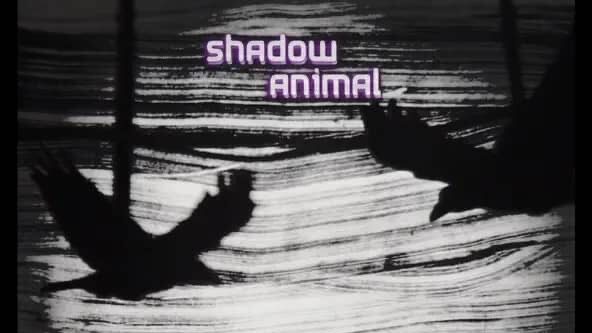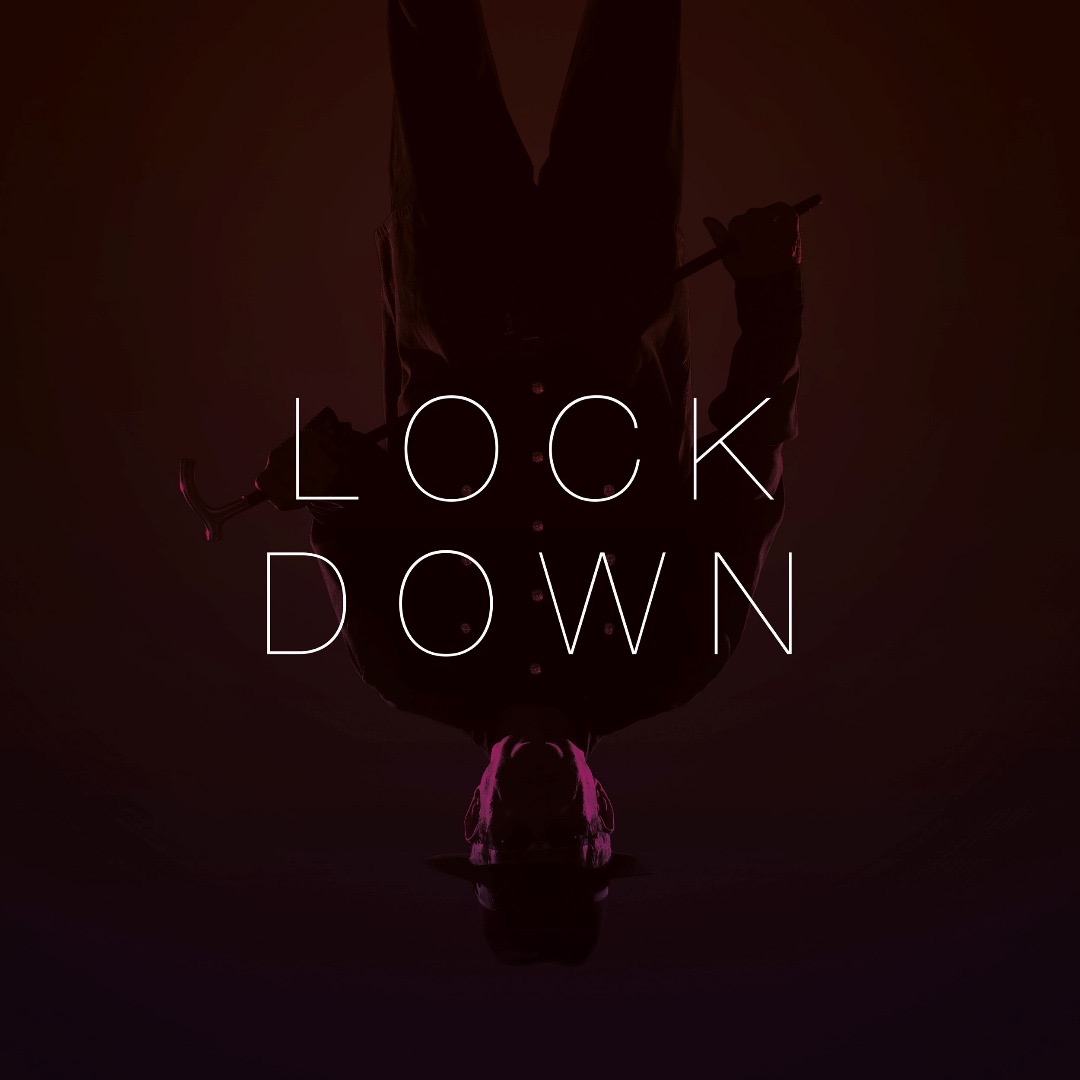From its opening moment “Carry Me” grabs the listener and refuses to let go, propelled by an instrumentation that seems to run on pure urgency. The percussion moves forward with steady intensity, creating a sense of motion that never eases, as though the song is pulling something heavy through the dark toward a distant light. Guitars and other melodic layers add a sense of weight and tension, almost vibrating with restrained energy, while the production keeps everything tightly wound so that no sound feels wasted. This creates a momentum that makes the track feel like a journey, one that never pauses long enough to let you breathe fully before pushing forward again.
The vocal delivery is one of the song’s strongest features, sounding passionate and filled with a kind of desperate sincerity. Each word feels like it is delivered with every ounce of the singer’s strength, as though there is no guarantee of another chance to speak. The voice cracks with emotion at just the right moments, giving the song its human center and making the performance believable. Rather than sounding polished to the point of detachment, the vocals carry a rawness that draws the listener in closer, making it feel personal, almost confessional, as if we are overhearing a private plea rather than simply listening to a track.
Lyrically “Carry Me” is simple but incredibly powerful, leaning on its repetition to intensify the emotional weight. The recurring line “So carry me, carry me, carry me, away from here” lands like a desperate cry, each repetition feeling more urgent, more necessary, until it becomes the heartbeat of the song. When the narrator admits “I’ve wanted to be free” it feels like the emotional core of the entire track, a release of something long buried, a quiet confession finally given voice. This combination of yearning and vulnerability is what makes the song resonate so deeply, turning the words into something shared between artist and listener.
The arrangement grows subtly as the song progresses, with layers building to create a sense of rising pressure. Early sections may feel sparse, allowing the voice to sit bare against the instrumental, but as the track moves toward its emotional peak more textures come into play, filling the space and giving a sense of something swelling toward a breaking point. This gradual build keeps the listener engaged, leading them step by step toward the climactic final moments, where everything seems to merge into a single expression of need and release.
What makes “Carry Me” especially effective is how well every element works together to serve the emotional story. The vocals, the lyrics, and the driving instrumentation are perfectly aligned, making it impossible to separate one from the other. The production is clean but not sterile, letting the imperfections and human qualities of the performance shine through. If there is anything that could be expanded, it might be a contrasting section that provides a brief respite before the final plea, allowing the climax to hit even harder, but even without this the song maintains a strong emotional arc.
As a whole “Carry Me” feels like a cry that is both deeply personal and universally relatable. It will speak to listeners who have known what it is to feel trapped and who have hoped for someone or something to pull them free. The song leaves an impression that lingers long after it ends, not just because of its melody but because of the emotional truth it carries. Shadow Animal demonstrates here a capacity for combining intensity and vulnerability in a way that is compelling and honest, making this track a memorable moment in their catalog and one that could easily become a source of comfort or catharsis for its audience.
For more information about Shadow Animal, click on the icons below.



